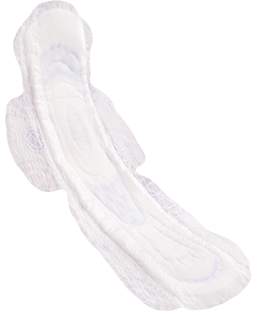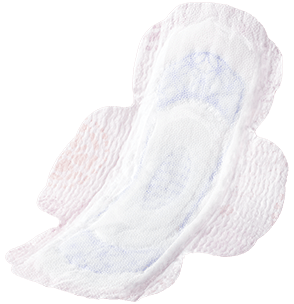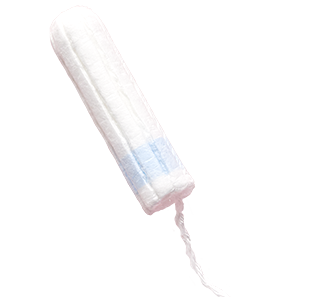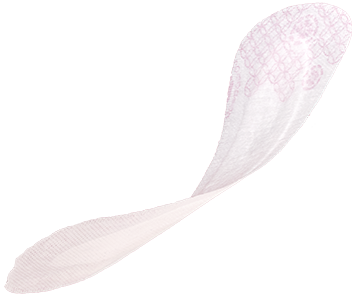During puberty, as your young girl moves from a child to an adult, their body will start to go through many physical changes. Some they might be more receptive of, and others they may find tougher to deal with. Since there is no set script when it comes to physical changes during puberty for females, the best thing to do as a parent or guardian is to be supportive and understanding of what your young girl is experiencing.
Puberty is different for everyone, and different people develop at different stages. One of the first signs of puberty in females is breast development. But there is no exact ‘female puberty chart’ and each female develops in her own time. For example, they might develop breasts at a different time from you as their mother or female guardian, their best friend, or even other older or younger females in their school.
Below are some of the body changes that a young girl might experience that help let you know that puberty has started for them
- Puberty causes rapid growth in height and weight increases
- Breasts grow during puberty (not always at the same rate) and nipples stand out
- Puberty can cause pimples
- Sweat and body odours become more noticeable
- Hair starts to grow under the arms and around the pubic area
- Hair on arms and legs gets thicker and darker
- Hips widen during puberty and the body may become more curvy
- Genitals become darker in colour and fleshier
- Vaginal discharge becomes more noticeable (Kotex® Everyday Liners are perfect to help them with this)
- The ovaries enlarge and hormone production begins
- Puberty is when their periods will usually start (menstruation is the technical term), and they are likely to be irregular at first
- Puberty can cause PMS as well
- Sexual desires develop
- Their feelings may become unbalanced and mood swings can occur
- They might feel a little more tired than usual
Reading all about these puberty changes may feel overwhelming as a parent or guardian, but it helps you be prepared to support your young girl through the changes involved in becoming a young woman.
The advice provided in this material is general in nature and is not intended as medical advice. If you need medical advice, please consult your health care professional.










